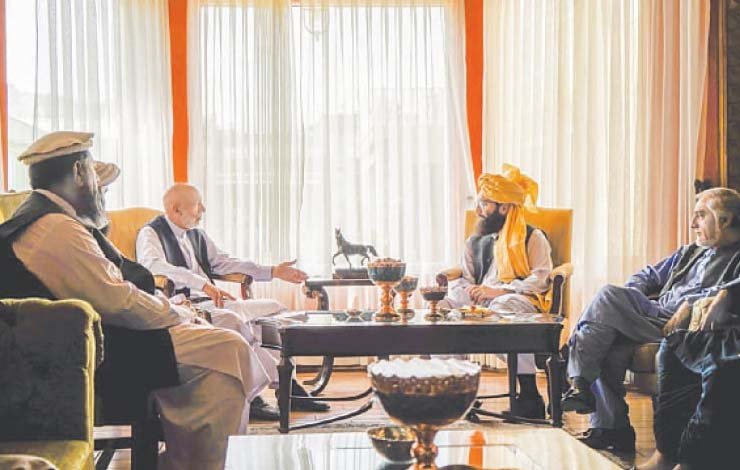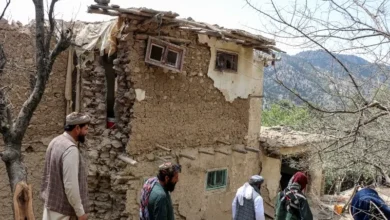Is an All-Inclusive Setup Only Remedy For Taliban Regime?
Although the militia has gained firm control over Afghanistan following a dysfunctional government, the women, former government officials, and military personnel have pledged to show resistance to their rule in different parts of the country

Contrary to what the Taliban had expected, the people and local leaders have started showing resistance to their illegitimate regime after the US pullout and global calls for an all-inclusive setup have also gained momentum.
Although the militia has gained firm control over Afghanistan following a dysfunctional government, the women, former government officials and military personnel have pledged to show resistance to their rule in different parts of the country.
On the 102nd Independence day on August 19, the Taliban announced the reformation of the Islamic Emirate of Afghanistan (IEA), the identity which was wiped off after the US waged war in 2001.
Protests erupted in the cities of Jalalabad and Khost as citizens took to the roads with the Afghanistan flag which the militia had taken down and there were scenes of unest.
Read Also
Litmus Test of Public Vote Haunts Mighty Taliban Regime
Amrullah Saleh, the vice president in the Ghani government, claims to be the president in the absence of the president in Afghanistan.
He is currently in Panjshir Valley with like-minded leaders like Ahmad Massoud and fighters who are ready to hold a battle against the Taliban like they did during the militia’s regime between 1996-2001.
So far, the Taliban have adopted an inclusive and moderate approach as women haven’t been restricted to their homes and allowed to work and education.
But, the question of the legitimacy of the regime is still echoing on the global canvas.
Many countries have either refused or conditioned to accept the Taliban government including their strong supporters like Pakistan, Russia, and China.
The global community has elucidated that the formation of an inclusive government is the only way forward towards recognition.
For this purpose, the former high-ups of the Afghan government during the US stay including Hamid Karzai and Abdullah Abdullah are in negotiations with the Taliban leaders and a final agreement appears to be on the cards.
A Taliban political delegation is currently in Pakistan while their top leaders are also meeting with dignitaries of different countries, briefing them on the new likely setup.
The experts say the Taliban would face immense difficulties in persuading the global community for recognition of their regime that would thus have far-reaching ramifications particularly the development of the country ravaged by sequential wars.
Taliban Spokesperson for International Media Suhail Shaheen has also expressed the desire to form an inclusive government in IEA having multiple political leaders.
In latest development, the women held a demonstration in Kabul and demanded their share in the new rule, citing that they can’t be kept at bay.



